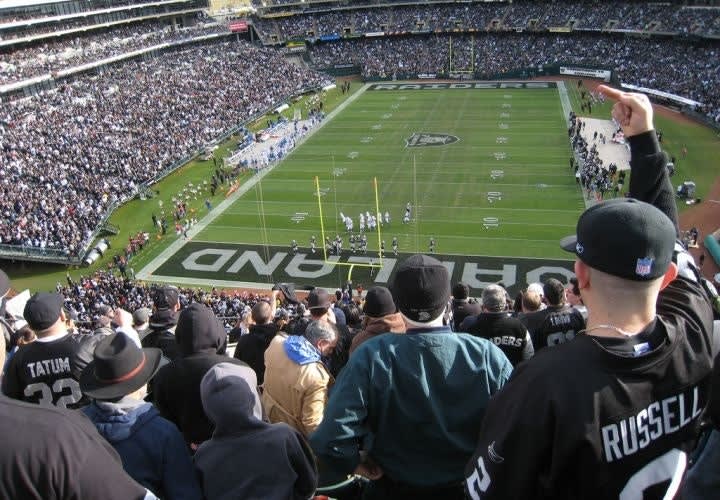One critically injured assault victim was found unconscious in a stadium restroom. After the game, outside the stadium, shots rang out — two men were shot and wounded supposedly because one wore an "F*** the 49ers shirt," an account disputed by his father.
Mayors of San Francisco and Oakland condemned the violence. San Francisco Police Chief Greg Suhr says he's never seen anything like this. A dozen arrests were made, along with dozens of "medicals"—far more than usual for games. Police blamed the violence on thugs and gangs who have no interest in football. SFPD will substantially beef up the number of officers at future 49ers home games.
San Francisco 49ers President Jed York asked the NFL to "indefinitely suspend" the annual 49ers-Raiders pre-season game that dates back to 1967. The fans lose, thanks to a bunch of "loser thugs."
Sports violence, including rioting, is far from new and most such incidents are rarely reported beyond the region where they occur. And the violence usually occurs at virtually all levels — pro, college, high school, and even pee-wee sports.
What can be scary is that much of this violence, especially in recent years, has little or nothing to do with sports rivalries. Instead, sporting events are becoming an outlet for "sports rage," which is much the same as "road rage." Sports violence has escalated dramatically from the days of rival fans fighting with fisticuffs, stabbings, shootings, and rioting involving rival gangs. While sports-related violence has been around since the beginning of sports, much of today's violence is thug driven.












